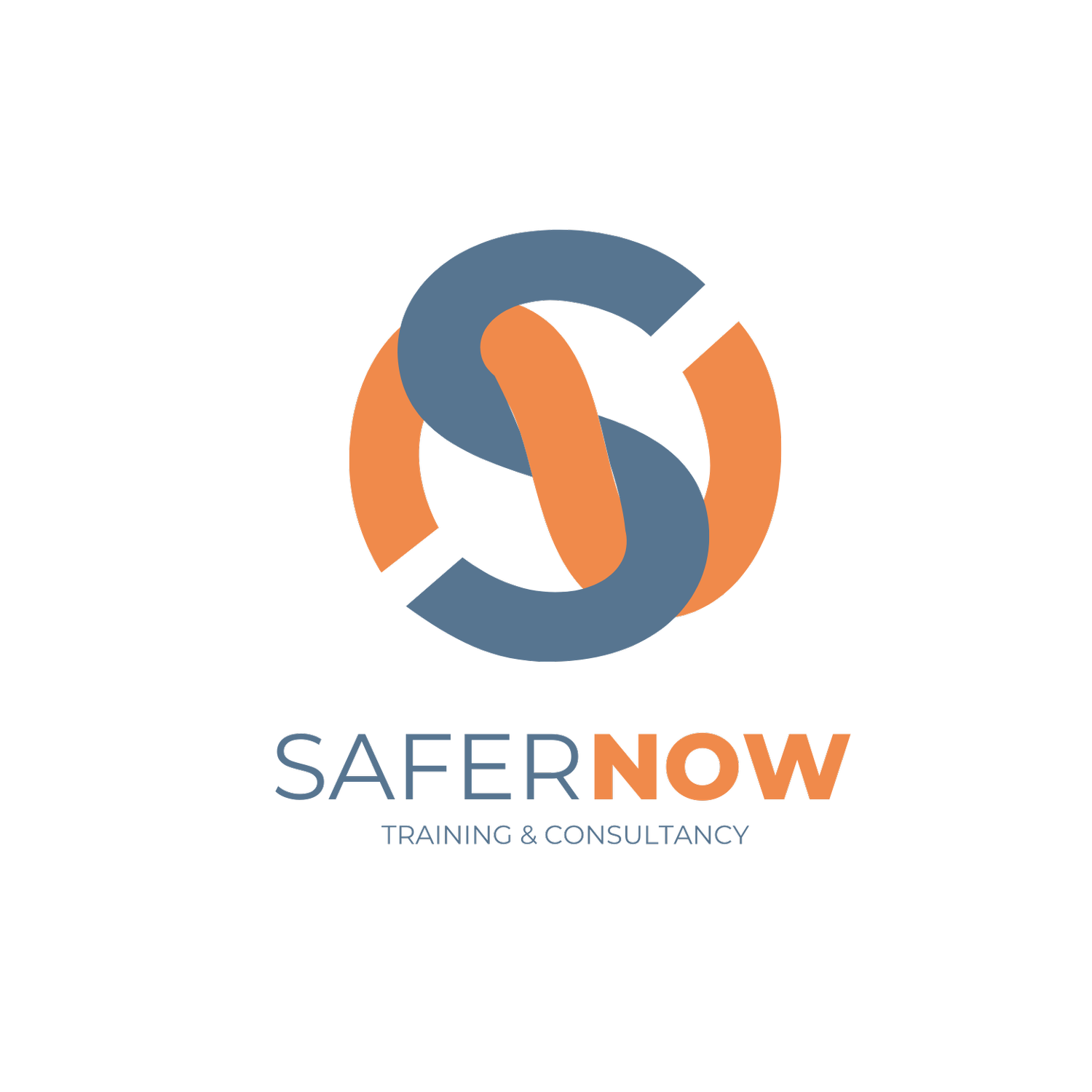Safety Planning
Effective safety planning is the cornerstone of safeguarding young people from harm. This interactive training session equips practitioners with the knowledge and skills to create personalised, actionable safety plans that put young people’s needs, experiences, and agency at the centre.
We’ll deep dive into the core principles of safety planning - identifying risks, understanding the environments young people navigate, and considering how external factors shape their safety. We’ll also explore harm reduction strategies and how to create dynamic, responsive safety plans that evolve with the young person’s changing needs. Through hands-on exercises, you’ll learn to work collaboratively with young people, developing plans that are not only realistic and empowering but also adaptable in real time. This isn’t just about ticking boxes - it’s about curating plans that support resilience, build trust, and establish lasting, meaningful safety.
-
Understand and assess safety in the context of risk outside the home, applying various lenses to both your practice and the young person’s lived experience, in order to create a holistic perspective.
Adopt a relationship-based, trauma-informed, approach to safety planning, promoting trust and empowering young people as primary stakeholders in their own safety plans.
Discover a variety of tools and methodologies, including body mapping and place/space mapping, to develop robust, personalised safety plans that reflect the unique needs of each young person.
-
This training is suitable for any teams working with children, such as Children's Services, Alternate Provision Staff, Youth Service, and third sector support services.
-
This training can be delivered either face to face or online.

